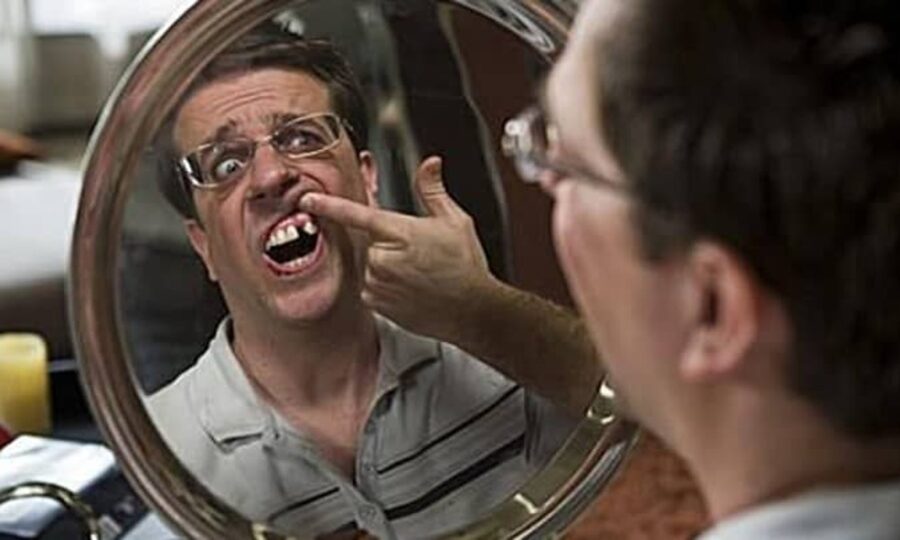New Drug Regrows Lost Teeth?

BGR reports that scientists are on the cusp of figuring out how to regrow teeth with a new drug that’s currently in development. Even though humans are at the top of the food chain, we’re only given two full sets of chompers if we’re lucky, and when they’re gone, they’re gone.
This new drug, which will commence human clinical trials in July 2024, has the potential to change the entire dental industry for the better if the research proves successful.
Teeth, once lost, are gone forever, but a new drug taking advantage of chemical interactions, may change that.
Early participants in this clinical trial will be people born with the genetic condition known as tooth agenesis, which is the congenital absence of one or more teeth. When researchers studied rats that have this same condition, they discovered that USAG-1 (uterine sensitization-associated gene-1) could be blocked from interactions with other genes that prevent the bifunctional protein from growing new teeth in its subjects.
In other words, the initial clinical trial involving rats with tooth agenesis may very well work on human beings who are similarly afflicted.
During the initial trial, rats with the genetic condition tooth agenesis were able to regrow lost teeth using the medicine.
It’s reasonable to assume that once these initial clinical trials are conducted, then researchers could then apply their findings to participants without tooth agenesis. If the trials are a resounding success, then scientists could conduct research on how to regrow teeth in patients of any kind. Imagine breaking a couple of teeth and being able to take a pill to grow new ones through pharmaceutical means.

It seems like a wild concept, but we’re certainly getting there.
These days, getting your teeth crowned or replaced through modern technology is still a painful ordeal that could potentially involve multiple surgeries and long healing times. And if you’re not a fan of soup or soft foods, the healing process can be quite annoying, as you have to change many aspects of your everyday life to ensure a successful recovery.
Though we’re not fully informed as to what kind of lead time would be involved in fully regrowing a human tooth, it still seems like a better alternative to succumbing to surgical intervention in every conceivable way.
Human trials will begin in 2024, and hopefully, people with tooth agenesis will be able to grow new teeth with no adverse side effects.
Researchers hope to have this new drug widely available to the public by 2030, but we may be getting ahead of ourselves. Human trials are still a year out, and all of the above is hinging on participants with tooth agenesis actually being able to grow new teeth without any glaring side effects. Lead researcher Katsu Takahashi is extremely confident about his research and is beyond excited to see his hard work fully realized in the years to come.
We’ll have to wait a little longer for the new drug to finish its clinical trials and get FDA approval, but the prospect of growing new teeth is something we should all be excited about. Sure, we run the risk of our dentist having more opportunities to tell us that we’re not flossing properly, but that’s a small price to pay if the payoff involves being able to grow a new incisor after a skiing accident somewhat effortlessly.












